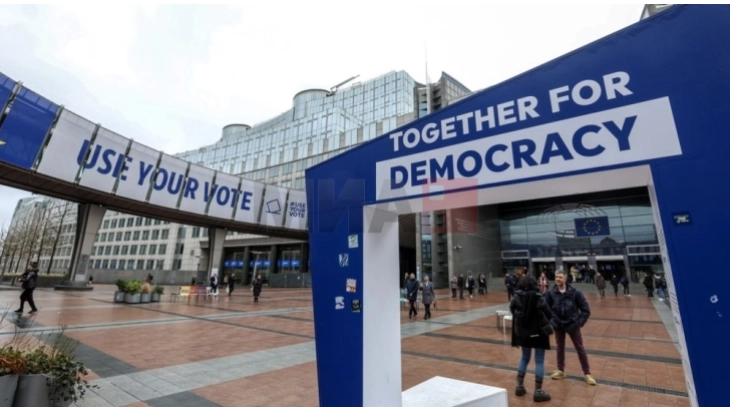The Council of the EU has approved a new regulation focused on enhancing transparency and regulation in political advertising, with the primary aim of combating misinformation and external influence during elections.
This regulation aims to empower citizens by ensuring they can easily identify political ads, understand their origins, and determine if they have been targeted. By doing so, individuals can make more informed decisions. Additionally, the regulation seeks to safeguard privacy rights and uphold freedom of opinion and expression, as stated in the EU Council’s press release.
The scope of the new rules extends to transparency and targeting in political advertising related to elections, referendums, or legislative processes at both EU and member state levels. It’s important to note that the regulation does not alter the content of political ads or other aspects of political campaigning, which remain governed by national laws.
Editorially responsible content and personal opinions expressed are exempt from these regulations.
Under the new rules, political ads must be clearly labeled and accompanied by easily accessible transparency notices. These notices will include crucial information such as the sponsor’s identity, the associated election or referendum, the amount spent, and any targeting methods employed.
Online targeting of political ads will only be permitted under strict conditions. Data used for targeting must be obtained with explicit and separate consent from the individuals involved. Additionally, sensitive personal data, such as racial or ethnic origin or political beliefs, cannot be used for profiling.
To prevent interference from foreign entities, a ban on providing advertising services to third-country sponsors will be enforced three months before an election or referendum, according to the press release.
The regulation will undergo signing, publication in the EU’s Official Journal, and will take effect 20 days thereafter. The majority of its provisions are expected to come into force 18 months after enactment, likely in autumn 2025.




Comments are closed for this post.